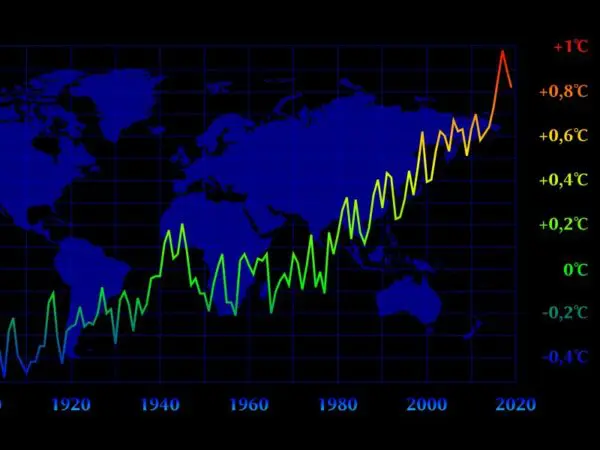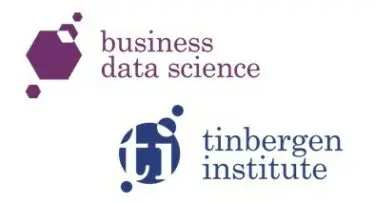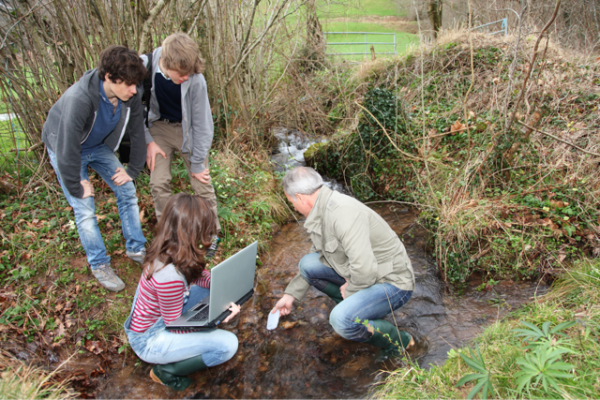
Amsterdam, Netherlands
Environmental Justice in Theory and Practice
When:
20 July - 27 July 2025
Credits:
0 EC
Read more
Economics & Environmental Studies Summer Course
When:
25 August - 29 August 2025
School:
Tinbergen Institute & Business Data Science Summer School
Institution:
Tinbergen Institute & Business Data Science
City:
Country:
Language:
English
Credits:
3 EC
Fee:
1000 EUR


This course is about one of the greatest challenges of our time: climate change. What are the latest insights of the science of economics into its causes and potential solutions? How large are the costs of climate change? Should we tax carbon, cap-and-trade emission rights, or subsidize solar and wind power? Why is it so difficult to stick to environmental agreements such as ‘Paris’, despite the evident benefits to all? How can we prevent our industry from moving abroad if we take a leading role and ‘go it alone’ in taking environmental action? What is the role of economic growth and development? Should we stop it to avert a climate catastrophe and biodiversity loss, or can we pin our hopes on green growth?
Topics
Introduction to the economics of climate change
Optimal climate policy, carbon budgets and uncertainty
International environmental agreements
Green growth, limits to growth and degrowth
Climate policy instruments and carbon leakage
Carolyn Fischer (World Bank), Gerard van der Meijden (Vrije Universiteit Amsterdam), Rick van der Ploeg (University of Amsterdam), Steven Poelhekke (Vrije Universiteit Amsterdam) and Florian Wagener (University of Amsterdam)
The Summer School welcomes (research) master students, PhD students and post-docs who are interested in learning the state-of-the art economics of climate change. We also welcome professionals from policy institutions such as central banks or international firms and institutions.
Admission requirements
Students currently pursuing a MSc, MPhil or a PhD degree; professionals with a MSc, MPhil, PhD, or equivalent degree. Especially a background in quantitative studies (mathematics, statistics, econometrics, engineering, etc.) and a basic knowledge of differential equations is useful, but no formal specific background will be required.
To learn the state-of-the art economics of climate change.
Format
Each day will cover one of the topics above, in the form of two interactive one-hour lectures starting at 9:30am and a practical two-hour tutorial session based on (empirical) assignments after lunch. The two-hour tutorial session is based on (empirical) assignments, including use of Stata or R, analytical problems, live experiments, and analysis of real policies.
Fee
1000 EUR, PhD and Master Students (
Fee
2000 EUR, Academics (incl. postdocs) and Professionals
The course fee covers tuition, course materials, daily lunches and coffee/tea during short breaks, social event including a dinner and farewell drinks. The course fee does not include accommodation.
When:
25 August - 29 August 2025
School:
Tinbergen Institute & Business Data Science Summer School
Institution:
Tinbergen Institute & Business Data Science
Language:
English
Credits:
3 EC

Amsterdam, Netherlands
When:
20 July - 27 July 2025
Credits:
0 EC
Read more

Wageningen, Netherlands
When:
15 July - 25 July 2025
Credits:
0 EC
Read more

Amsterdam, Netherlands
When:
05 July - 19 July 2025
Credits:
0 EC
Read more